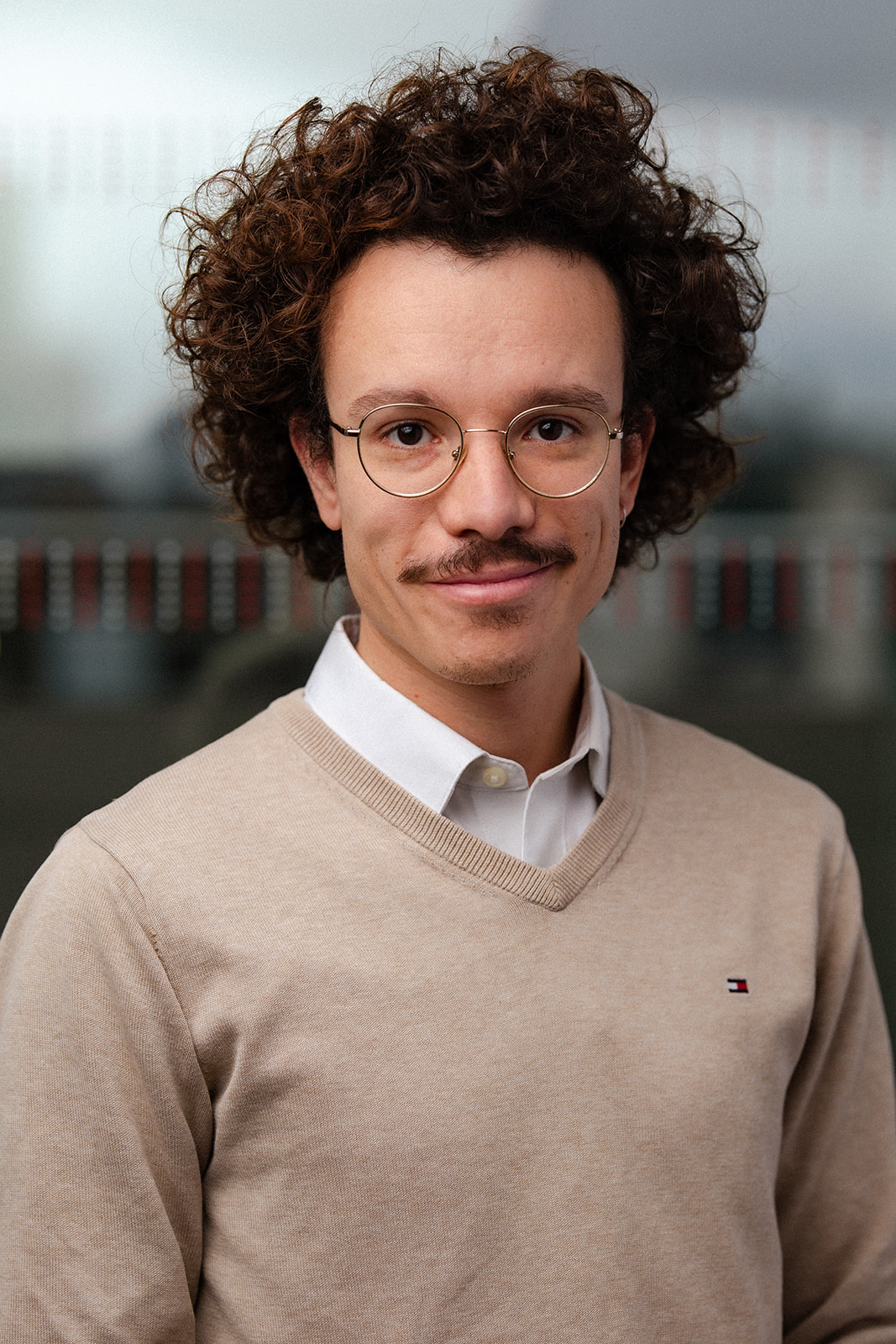Loris ANDRÉ
PhD student at the Paris School of Economics.

I am a PhD student at the Paris School of Economics and the "Collège de France", under the supervision of Prof. Katheline Schubert and Prof. Philippe Aghion. In autumn 2023, I was visiting the Department of Geography and Environment of the London School of Economics with Prof. Ben Groom and Prof. Frank Venmans. My main work consists in proposing methods for integrating biodiversity into macroeconomics: I build on the theoretical work of Prof. Partha Dasgupta. Passionate about economics, my work is also empirical (focusing on the Amazon rainforest). Before starting my thesis, I obtained my engineering degree at the "École des Ponts ParisTech". I am now a civil servant in the "Corps des ponts, des eaux et des forêts". In parallel to my studies, I have had several professional experiences during the last years: I have mainly worked for the French economic administration. In 2019, I was an intern at the French Embassy in Brazil for the French Treasury. I then joined the "Inspection générale des finances" to work on public policies such as the financial management of hospitals. More recently, in 2022, I was a research assistant at the "Banque de France" in the international monetary relations department: my work was on modeling disruptions in global value chains in a context of ecological transition.
news
| Apr 1, 2025 | Presenting at the 2025 Student Conference on Conservation Science at the Department of Zoology of the Univeristy of Cambridge, UK. |
|---|---|
| Jan 19, 2025 | Participating to the EAERE Winter School 2025 organized at the Savoie Mont Blanc University, Annecy-le-Vieux, France. |
| Dec 6, 2024 | Presenting at the 4th Annual Workshop ARAE Econometric Methods and Environmental Challenges at Université Dauphine, Paris, France. |
| Dec 2, 2024 | Presenting at the PhD Paris Macro Group in Sciences Po, Paris, France. |
| Nov 21, 2024 | Presenting at the Macro Workshop of the Paris School of Economics, Paris, France. |